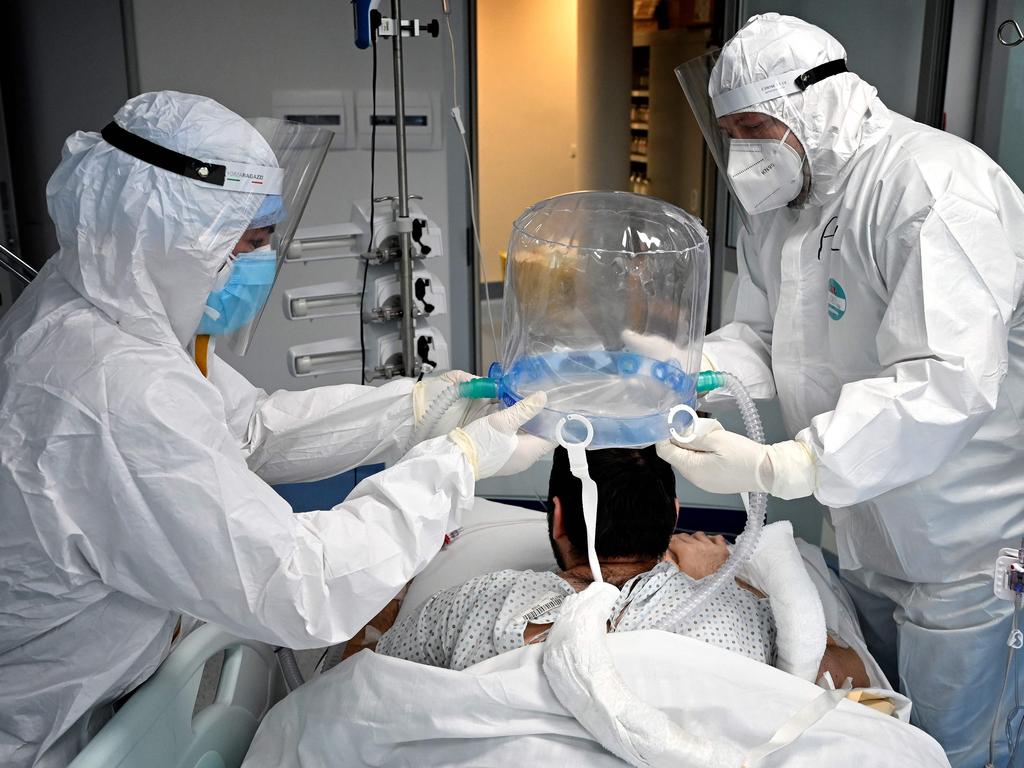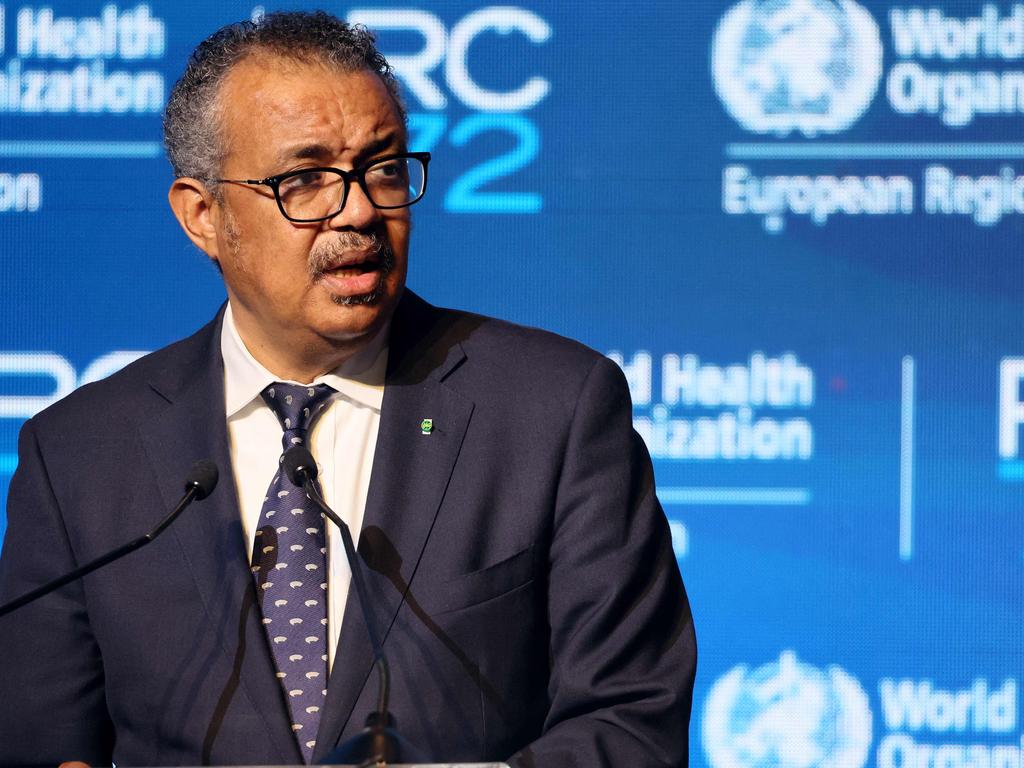Top Chinese scientist: ‘Don’t rule out’ Covid lab leak theory
The man that headed China’s centre for disease control during the height of the pandemic has spoken out about the origins of Covid. Have your say.
World
Don't miss out on the headlines from World. Followed categories will be added to My News.
A top Chinese scientist says the possibility that the Covid virus leaked from a Wuhan lab should not be ruled out.
Dr George Gao was the head of China’s Centre for Disease Control (CDC) when the outbreak occurred.
Now retired from the role, Prof Gao has spoken out despite Beijing’s dismissal of the theory.
“You can always suspect anything. That’s science. Don’t rule out anything,” professor Gao told BBC Rado 4 podcast Fever: The Hunt for Covid’s origins.
Prof Gao, now vice-president of the National Natural Science Foundation, also revealed China’s government did carry out a formal investigation into the lab in question – the Wuhan Institute of Virology.
“The government organised something,” he said, but noted the investigation did not involve the China CDC instead another government branch.
Prof Gao said he has not seen the result but has “heard” that the lab was given a clean bill of health.
“I think their conclusion is that they are following all the protocols. They haven’t found (any) wrongdoing.”

NEW MOVE TO STOP ANOTHER PANDEMIC
The World Health Organisation has launched a global network to help swiftly detect the threat from infectious diseases, like Covid-19, and share the information to prevent their spread.
The International Pathogen Surveillance Network (IPSN) will provide a platform for connecting countries and regions, improving systems for collecting and analysing samples, the agency said.
The network aims to help ensure infectious disease threats are swiftly identified and tracked and the information shared and acted on to prevent catastrophes like the Covid pandemic.
The network will rely on pathogen genomics to analyse the genetic code of viruses, bacteria and other disease-causing organisms to understand how infectious and deadly they are and how they spread.

The data gathered will feed into a broader disease surveillance system used to identify and track diseases, in a bid to contain outbreaks and to develop treatments and vaccines.
WHO chief Tedros Adhanom Ghebreyesus hailed the “ambitious” goals of the new network, saying it could “play a vital role in health security”.
“As was so clearly demonstrated to us during the Covid-19 pandemic, the world is stronger when it stands together to fight shared health threats,” he said on the weekend.
The IPSN, announced a day before the annual meeting of WHO member states began in Geneva earlier this month, will have a secretariat within the WHO’s Hub for Pandemic and Epidemic Intelligence.
It is the latest of several initiatives launched since Covid that aim to bolster the world’s ability to prevent and more effectively respond to pandemic threats.

The network will bring together experts on genomics and data analytics, drawn from governments, academia, the private sector and elsewhere.
“All share a common goal: to detect and respond to disease threats before they become epidemics and pandemics, and to optimise routine disease surveillance,” the agency said.
Covid highlighted the critical role pathogen genomics plays when responding to pandemic threats, with the WHO noting that without the rapid sequencing of the SARS CoV-2 virus, vaccines would not have been as effective and would not have become available as quickly.
New and more transmissible variants of the virus would also not have been identified as quickly.
“Genomics lies at the heart of effective epidemic and pandemic preparedness and response,” the agency said, adding that it was also vital for surveillance of a range of diseases, from influenza to HIV.
While the pandemic spurred countries to scale up their genomics capacity, the agency warned that many still lack effective systems for collecting and analysing samples.
The IPSN would help address such challenges, Tedros said, since it could “give every country access to pathogen genomic sequencing and analytics as part of its public health system”.
– additional reporting AFP
More Coverage
Originally published as Top Chinese scientist: ‘Don’t rule out’ Covid lab leak theory









